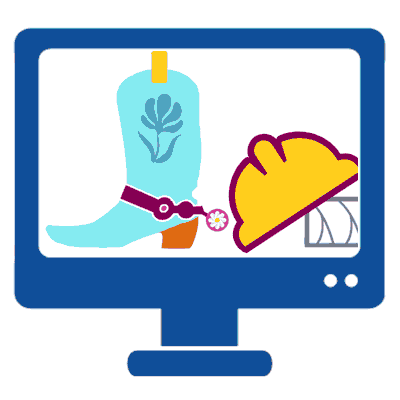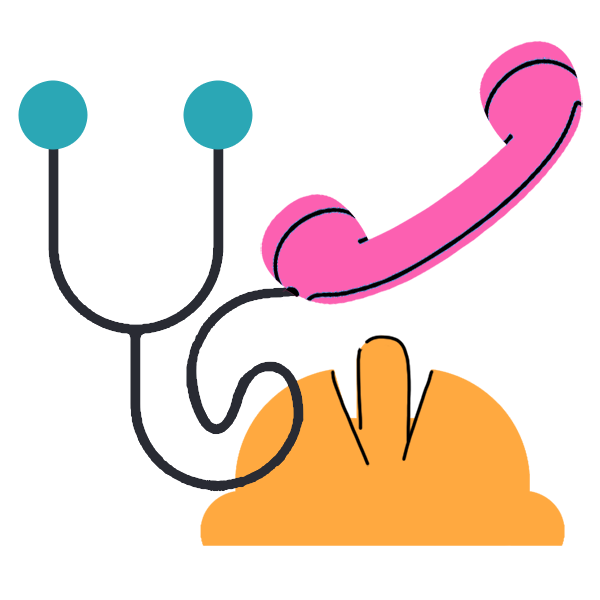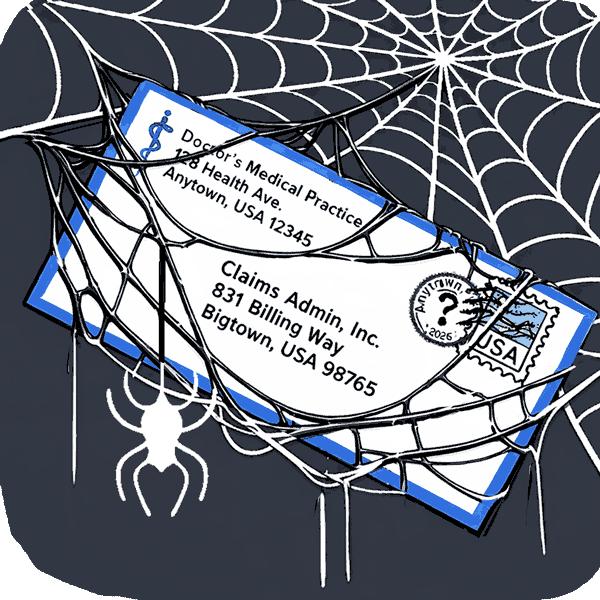NY Workers' Comp Board: 6 e-Billing Tips For NY Providers

The New York State Workers’ Compensation Board (WCB) recently held a free live webinar for New York providers on billing electronically (e-billing) for injured workers’ treatment. Remember, the NY WCB requires workers’ comp providers to send all bills electronically starting Aug 1, 2025.
During the webinar, WCB representatives shared some of the most critical information providers need to know when transitioning to mandatory workers’ comp e-billing.
If you did not attend the WCB webinar, no worries—daisyBill attended. Below are some of the key takeaways.
1. Don’t Wait ‘Till the Last Minute to Start e-Billing
During the webinar, WCB representatives repeatedly stressed that workers' comp providers should switch as soon as possible, even though the official deadline to start e-billing is August 1, 2025.
While e-billing will make providers’ lives easier, the transition will require time and a potential learning curve. Before the deadline, providers should sign up for access to the WCB Medical Portal and choose an XML submission partner.
After August 1, the WCB will not take any enforcement action on paper bills.
In other words, if a payer refuses to pay a paper bill, the provider has no recourse. It’s best to be well-versed in e-billing before then!
2. Use a State-Approved XML Submission Partner
To submit workers' comp e-bills, a New York provider’s e-billing agent must be XML-approved by the New York WCB. The XML-approved billing agent will electronically send the WCB all of the provider’s e-bills in Extensible Markup Language (XML) format, eliminating the need for providers to mail copies of their bills to the WCB.
The WCB webinar hosts noted that only eight WCB-approved XML Submission Partners have undergone the rigorous process of demonstrating that they have the technological expertise and capability to successfully and consistently deliver providers’ workers’ comp bills to the WCB in XML format.
The WCB maintains a list of approved XML Submission Partners on their website. Choose wisely (we can think of at least one really great candidate) so that your e-billing is as smooth and easy as possible.
3. Use Billing Code 99080 Correctly
The WCB allows providers to bill code 99080 to offset the cost of e-billing through an approved XML Submission Partner. At the webinar, the WCB stressed the importance of compliantly reporting 99080.
Providers should use code 99080 on each e-bill as a “By Report” (BR) code. The charge should reflect the cost of submitting the bill electronically, up to a maximum of one dollar. See further instructions in this article.
If a provider’s e-bill cost is less than $1.00, the WCB expects the amount charged under 99080 to accurately reflect the amount your practice paid to submit the e-bill, and no more.
4. Don’t File HP-1s if the Payer Denies Code 99080
Speaking of 99080, the WCB instructed providers not to file a Request for Decision on Unpaid Medical Bill(s) (Form HP-1.0) if a payer fails to pay code 99080.
However, if a payer consistently refuses to pay for code 99080, the WCB instructed providers to take the following action:
- Gather several examples of the payer’s improper 99080 payment or denials
- Submit the evidence directly to the WCB
The WCB also pledged to increase “communications” with payers to clarify that code 99080 is a legitimate charge where applicable.
5. Populate Field 9A With WCB Case Number
All e-bills for New York workers’ comp treatment will be electronic versions of the CMS-1500 billing form, which replaced various New York-specific forms effective July 1, 2022.
At the webinar, the WCB declared it “VERY IMPORTANT” for providers always to include the WCB Case Number, the unique identifier assigned to each claim in the state, in Field 9A of the CMS-1500.
6. More CMS-1500/e-Billing Sessions to Come
A recording of the WCB webinar is available to view here.
The WCB will also continue to share the information presented in this webinar and address providers’ questions in future sessions. The WCB plans to host sessions in the spring and summer of 2025, though the agency has not yet announced specific dates.
As an approved XML Submission Partner with over a decade of experience perfecting the art of successful e-bill delivery, daisyBill is here to help any provider in New York State who has questions or needs a guide through the transition to e-billing.
You can reach out using the chat feature at the bottom right of this screen or email us at info@daisybill.com. We’re here for you!
Treat injured workers without administrative headaches. Bill easily and get paid quickly—contact daisyBill to learn how we can help.
CONTACT US
DaisyBill provides content as an insightful service to its readers and clients. It does not offer legal advice and cannot guarantee the accuracy or suitability of its content for a particular purpose.


.gif)




